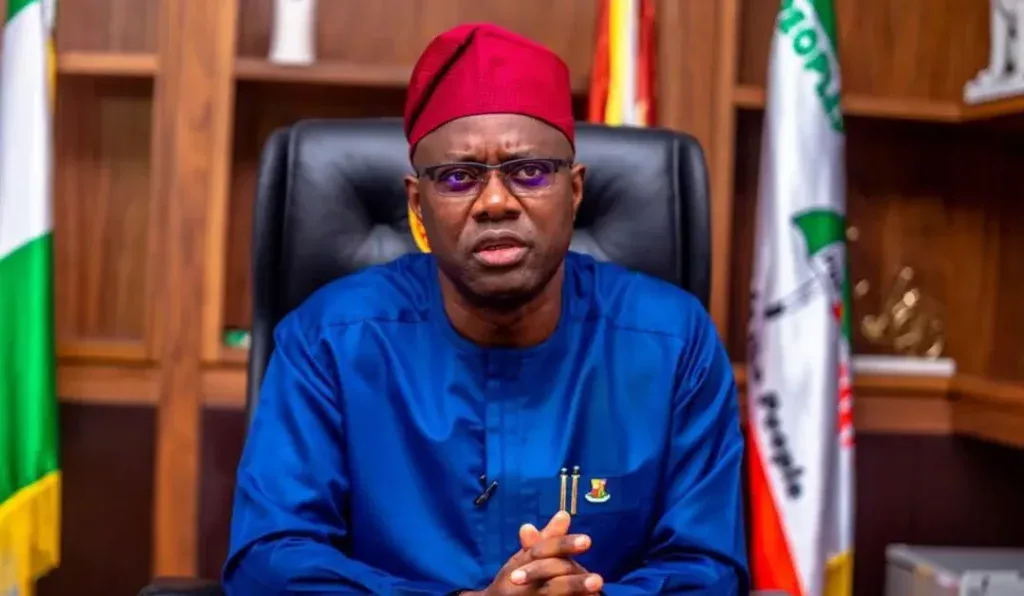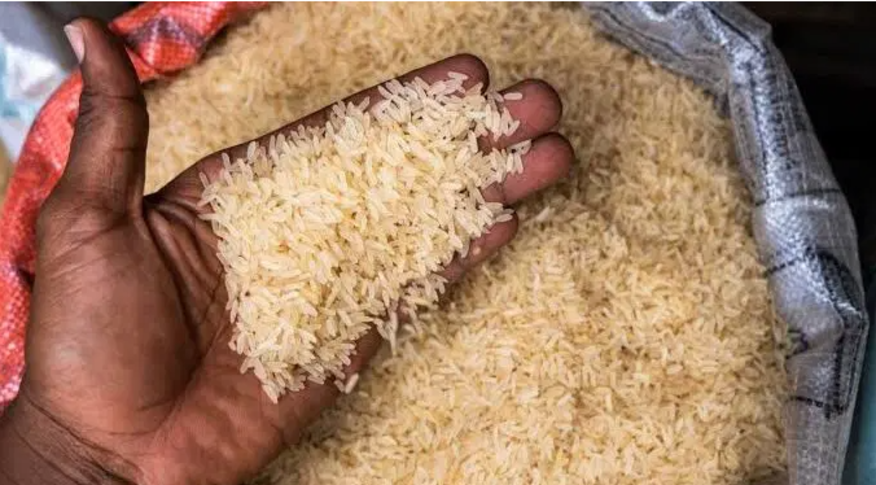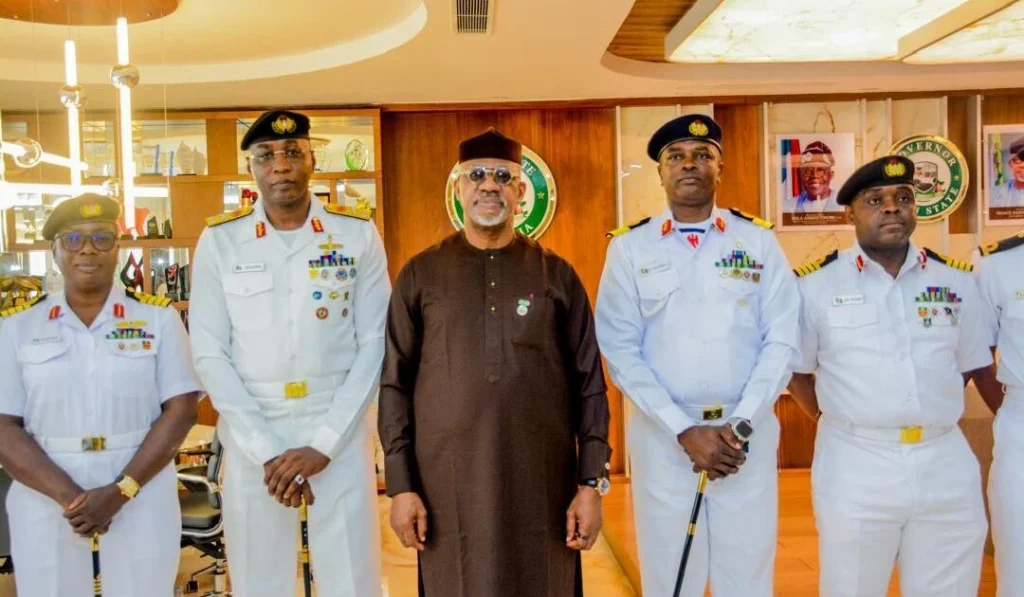Treason Trial Against Former DRC President Joseph Kabila Seeks Billions in Reparations
Civil parties in the treason trial of Joseph Kabila, the former president of the Democratic Republic of Congo (DRC), are seeking tens of billions of dollars in reparations. The compensation demand comes in response to the violence inflicted by rebels in the mineral-rich eastern regions of the country.
Charges against Kabila include murder, rape, and torture, which are allegedly linked to his support for the Rwanda-backed M23 rebels controlling a significant part of the region. President Félix Tshisekedi, Kabila’s successor, has publicly accused him of being the mastermind behind the rebel group.
During a recent hearing at a military court in Kinshasa, lawyers representing the civil parties stated they are seeking nearly $25 billion in reparations. Furthermore, they described Kabila as a “Rwandan citizen” and are demanding he be convicted of espionage instead. In addition to the reparation demands by the civil parties, the eastern provinces of South Kivu, Ituri, and North Kivu are calling for an extra $21 billion in compensation and the seizure of Kabila’s bank assets.
Following a two-year self-imposed exile in South Africa, Kabila returned to Goma in May after the city fell under the control of the Rwanda-backed group. However, he is being tried in absentia. Kabila denies any involvement with the rebels or the Congo River Alliance (AFC), a broader grouping including the M23 and other militia.
Kabila has also rejected the case as “arbitrary” and maintains that the courts are being used as an instrument of oppression. Former DRC presidents typically enjoy lifetime immunity as senators for life, but Kabila’s protection was stripped in May to facilitate his prosecution.
The trial is nearing its conclusion, with the army’s attorney general set to present his closing arguments on Friday. If convicted, Kabila faces severe penalties for his alleged crimes against the people of the Democratic Republic of Congo.
The outcome of this trial will likely have significant implications for the Democratic Republic of Congo, which has faced years of instability and conflict. Victims of the violence and families affected by the rebellion will closely follow the trial’s outcome, seeking justice and compensation for their suffering.



